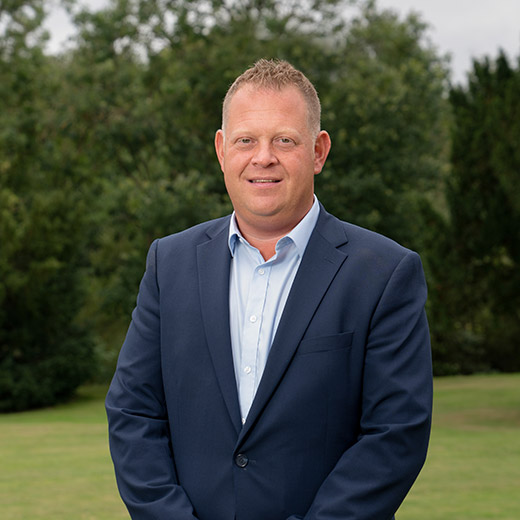Characteristics of Dry Drunk Syndrome
What is a dry drunk?
A ‘dry drunk’ or ‘dry drunk syndrome’ is someone who has stopped drinking alcohol, but still behaves in the same way they did whilst they were drinking. Exhibiting the same negative behaviour, such as irritability, aggression, and also mood swings. Dry drunk is a term used to describe someone who is in recovery from alcoholism but hasn’t been through addiction treatment, or is not actively participating in recovery programs, such as Alcoholics Anonymous.
How do I know if I’m a dry drunk?
The most effective way to determine if you are a dry drunk is to reflect on your behaviours and attitudes. Common signs of dry drunk syndrome include difficulty in accepting responsibility for your actions, difficulty in accepting change, difficulty in maintaining relationships, and difficulty managing stress. If you are struggling with any of these areas, it is important to seek professional help.
Characteristics of a dry drunk:
- Negativity: Dry drunks tend to be very negative in their thoughts and attitude.
- Self-Centeredness: Dry drunks may be overly focused on themselves, and less concerned with the needs and feelings of others.
- Rigidity: They tend to be inflexible and resistant to change, often clinging to old ways of thinking and behaving.
- Defensiveness: Dry drunks often react defensively to criticism or suggestions that they may need to change.
- Obsessiveness: Dry drunks may become overly focused on certain topics or activities, and struggle to let go of them.
- Poor Communication: They may have difficulty expressing emotions in a healthy way, and may resort to passive-aggressive behavior instead.
- Mood Swings: Dry drunks may be prone to sudden shifts in mood, from a high to a low, or vice versa.
- Unreasonable Expectations: They may expect too much from themselves and others, and become frustrated when those expectations are not met.
Achieving healthy sobriety
Healthy sobriety is a holistic approach to recovery from substance abuse which focuses on healthy lifestyle habits such as working a 12 Step Program, spiritual growth. exercise, nutrition and stress management. It is based on the idea that physical, mental, and spiritual wellbeing are all essential to long-term sobriety and recovery. Healthy sobriety also involves heavily on developing healthy relationships and support networks, this may be fellowships such as Alcoholics Anonymous, Cocaine Anonymous, Narcotics Anonymous, Gamblers Anonymous, Codependency Anonymous, Sex & Love Anonymous, Over Eaters Anonymous, as well as learning new skills that can support continued sobriety.
Why is having a support network so important in sobriety?
Having a support network is important in sobriety because it provides a sense of community and accountability. A strong network of friends, family, and professionals can help to provide both emotional and practical support during difficult times. Having a network can also provide encouragement and motivation to stay clean and sober. Furthermore, a support network can provide important resources and knowledge about sobriety and recovery.
Rehabilitation is not always an easy journey, but it can be very rewarding in the end. Working with professionals who understand your needs and can help you achieve your goals is key to success. You may experience a range of emotions during the process, but focusing on the end goal and the positive changes that come with it can make the journey easier. With hard work and dedication, you can make positive changes in your life and move forward in a healthier, happier direction.
How Steps Together can help you or a loved one
At Steps Together our purpose is to ensure that we secure lasting recovery and improved health and wellbeing for all those affected by poor mental health or addiction, by providing confidential, discreet therapy programmes, or clinical treatment and care through our UK based range of residential treatment centres, or outpatient services.
For a free and confidential discussion with our expert treatment advisors, contact us today on: 0330 175 7031 or visit www.stepstogether.co.uk for further information.





